ARTICLE AD BOX
President Trump made a series of bold predictions about ending the war in Ukraine on Monday as French President Emmanuel Macron joined him at the White House to mark the third anniversary of Russia’s invasion of its neighbor.
Speaking alongside Mr. Macron, Mr. Trump said the war was nearing an endgame and “a lot of progress” had been made toward a ceasefire. He predicted that Russian President Vladimir Putin would welcome European peacekeepers in Ukraine, despite statements to the contrary, and that Ukrainian President Volodymyr Zelenskyy would soon travel to the U.S. and sign a deal giving the U.S. access to his country’s large deposits of lithium and other strategic minerals.
Mr. Macron was the first Western leader to visit Washington since Mr. Trump shook up the stalemated war by holding a long talk with Mr. Putin earlier this month and allowing top U.S. and Russian officials to meet without Ukraine in the Saudi capital of Riyadh.
The French leader tried to thread a delicate needle. He insisted that he and Mr. Trump wanted to end the fighting but added, “We don’t want an agreement that is weak.”
“This peace must not mean a surrender of Ukraine,” he said. “It must not mean a ceasefire without guarantees. This peace must allow for Ukrainian sovereignty.”
British Prime Minister Keir Starmer is due at the White House on Thursday to discuss Ukraine amid talk in European capitals that they must be ready to fill the void if Mr. Trump curbs or cuts off the massive U.S. military and financial aid to Kyiv.
SEE ALSO: Macron says France will shoulder greater financial burden in Ukraine
“It looks like we are getting very close,” Mr. Trump told reporters in the Oval Office. He said Mr. Zelenskyy could come to Washington within the next week or so to sign an amended minerals deal after Kyiv rejected Mr. Trump’s first offer.
Critical week
Mr. Trump’s rosy projections were part of his muscle flex to European leaders, signaling that Washington had taken charge of the peace talks with Russia. It is the most critical week for his administration to hammer out a peace deal between Russia and Ukraine.
Mr. Putin threw cold water on Mr. Trump’s assertion that he would welcome European peacekeepers in Ukraine. Mr. Putin said he had not discussed details about resolving the war, and neither had the Russian and American teams that met in Saudi Arabia last week.
Mr. Putin said Russia does not rule out European participation in a ceasefire agreement, but his aides insisted that allowing NATO peacekeeping troops in Ukraine is unacceptable.
That directly contrasted with what Mr. Trump said at the White House.
SEE ALSO: Trump says renewed transactions with Russia are possible
“Yeah, he will accept it,” Mr. Trump said of the Russian president. “I have asked him that question. Look, if we do this deal, he’s not looking for more war.”
Mr. Macron joined Mr. Trump on a video call with the leaders of the Group of Seven leading industrialized countries to discuss the endgame in Ukraine.
United Nations setback
Mr. Trump’s diplomacy took a hit at the United Nations when the U.S. joined Russia in voting against a Europe-backed Ukrainian resolution that condemned what it said was Moscow’s aggression in the war and demanded an immediate withdrawal of Russian troops from Ukrainian territory. The resolution passed in the General Assembly by a considerable margin.
In an odd twist, the U.S. delegation then abstained from its competing resolution after a successful French-led amendment that again blamed the Kremlin for the war.
Ninety-three nations supported the tougher language in the U.N. General Assembly vote. The U.S. was joined by Russia, North Korea, Iran and about a dozen other countries that opposed the nonbinding resolution.
Mr. Macron and Mr. Trump put on a show of comradeship. European leaders and other U.S. allies have been increasingly frank in criticizing Mr. Trump’s approach and U.S. suggestions that Ukraine must cede some territory and give up any hope of joining NATO as part of any “realistic” peace deal.
Friedrich Merz, set to become the next German chancellor after general elections Sunday, signaled that Berlin’s backing for Kyiv would increase under his proposed government.
“More than ever, we must put Ukraine in a position of strength,” Mr. Merz wrote on X. “For a fair peace, the country that is under attack must be part of peace negotiations.”
EU foreign policy chief Kaja Kallas, who is meeting with Secretary of State Marco Rubio this week in Washington, told a gathering of the bloc’s foreign ministers in Brussels, “You can discuss whatever you want with Putin. But if it comes to Europe or Ukraine, then Ukraine and Europe also have to agree to this deal.”
Relationships
Peter Doran, a senior fellow at the Foundation for the Defense of Democracies, said this week will be key to determining whether peace in Ukraine can be achieved and, if so, what a final deal would look like. He said Mr. Macron and Mr. Starmer, who lead Europe’s two nuclear powers, are trying to persuade Mr. Trump not to make a unilateral deal with Mr. Putin, to include Europe in peace talks and to argue that caving to the Russian president’s demands could signal weakness down the road with an even more powerful adversary: China.
“Trump has the best relationship with Macron, more than any other European leader,” Mr. Doran said. “They established a close relationship that has endured. If anyone has the ability to speak to Trump as a peer and a friend, it is Macron.”
Mr. Macon warned Mr. Trump that capitulating to Moscow could have far-reaching consequences.
Still, Mr. Trump tried to assert that if Europe had any role in the peace talks, it would be on his terms. He said Europe must bear the brunt of any security assistance in a potential ceasefire.
“Europe is going to make sure that nothing happens. I don’t think that is going to be much of a problem. Once we settle, there’s going to be no more war in Ukraine,” he said.
Mr. Macron said he was open to the idea. He said he spoke with leaders in France and other European countries, including Britain, about peacekeepers, with soldiers maintaining a presence in Europe and sharing some of the cost burdens.
“As Europeans, we have committed to being stakeholders in these security guarantees, and we are also well aware that Europeans need to do more for security in Europe, for defense in Europe, and to more fairly share the security burden that your country has been carrying for so many years,” he told Mr. Trump.
He bristled at Mr. Trump’s criticism that Europe hasn’t offered enough aid to Ukraine. The U.S. president has hammered European leaders for providing loans to Ukraine while his predecessor, President Biden, offered aid with no strings attached.
“To be frank, we paid 60%. We paid 60% of the total defaults. And it was like the U.S. loans guarantee grants, and we provided real money,” Mr. Macron said in one exchange in the Oval Office.
“If you believe that. It’s OK with me,” Mr. Trump fired back.
The U.S. has provided roughly $180 billion in aid to Ukraine, according to the government’s watchdog tasked with monitoring the money flowing into the war-torn country. Ukraine has lost about one-fifth of its territory and an estimated 43,000 soldiers and civilians since the fighting began in February 2022.
Mr. Trump has sought payback for that money by including U.S. access to Ukraine’s mining sector as part of any peace deal. Many minerals found in large quantities in Ukraine have applications in the American aerospace, medical and technology industries.
Mr. Zelenskyy has rejected the mineral deal presented by Treasury Secretary Scott Bessent on a trip to Kyiv because it lacked security guarantees for Ukraine. He wrote Sunday on X that a deal was “making great progress,” but his country needed “a good economic deal that will be part of a true security guarantee system for Ukraine.”
Complicating the deal is a simmering feud between Mr. Trump and Mr. Zelenskyy. The U.S. president called his counterpart a “dictator” and accused Kyiv of starting the war with Russia. Mr. Zelenskyy has accused Mr. Trump of living in a “bubble” of Russian disinformation.
When asked Monday whether he thought Mr. Putin was a dictator, Mr. Trump responded, “I don’t use those words lightly.”
• David R. Sands contributed to this article, which is based in part on wire service reports.

 1 month ago
34
1 month ago
34
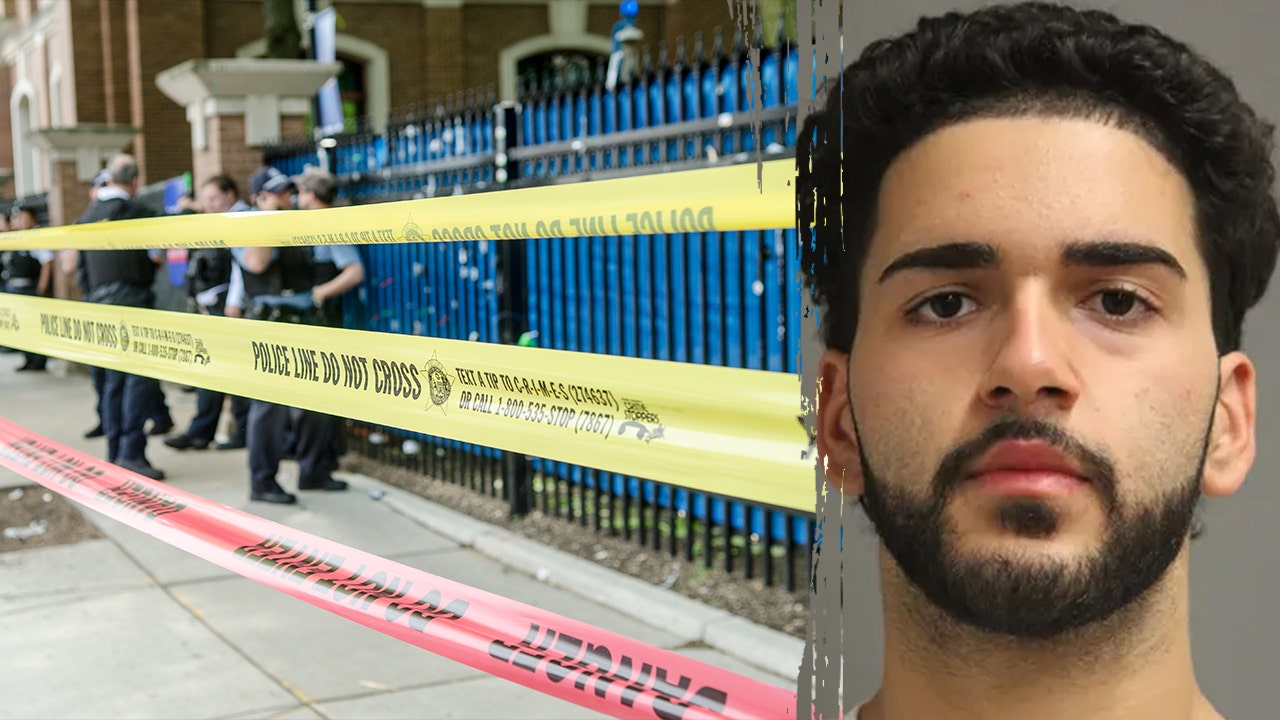
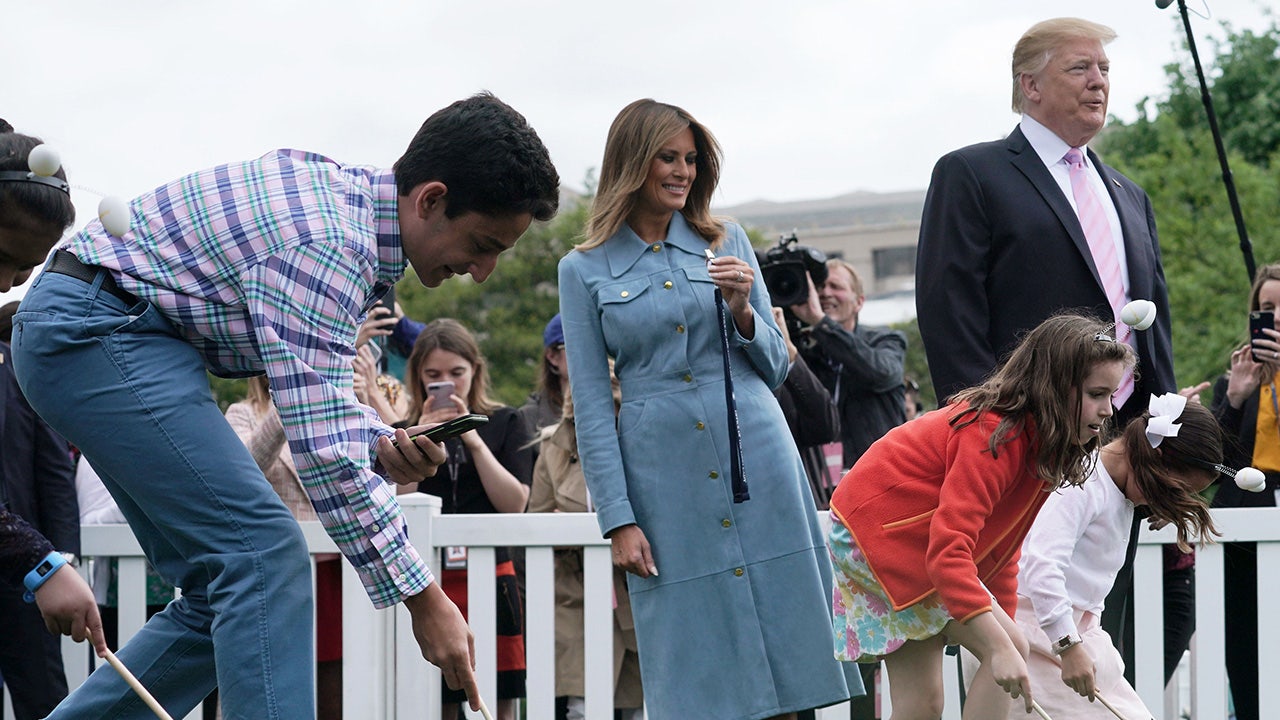
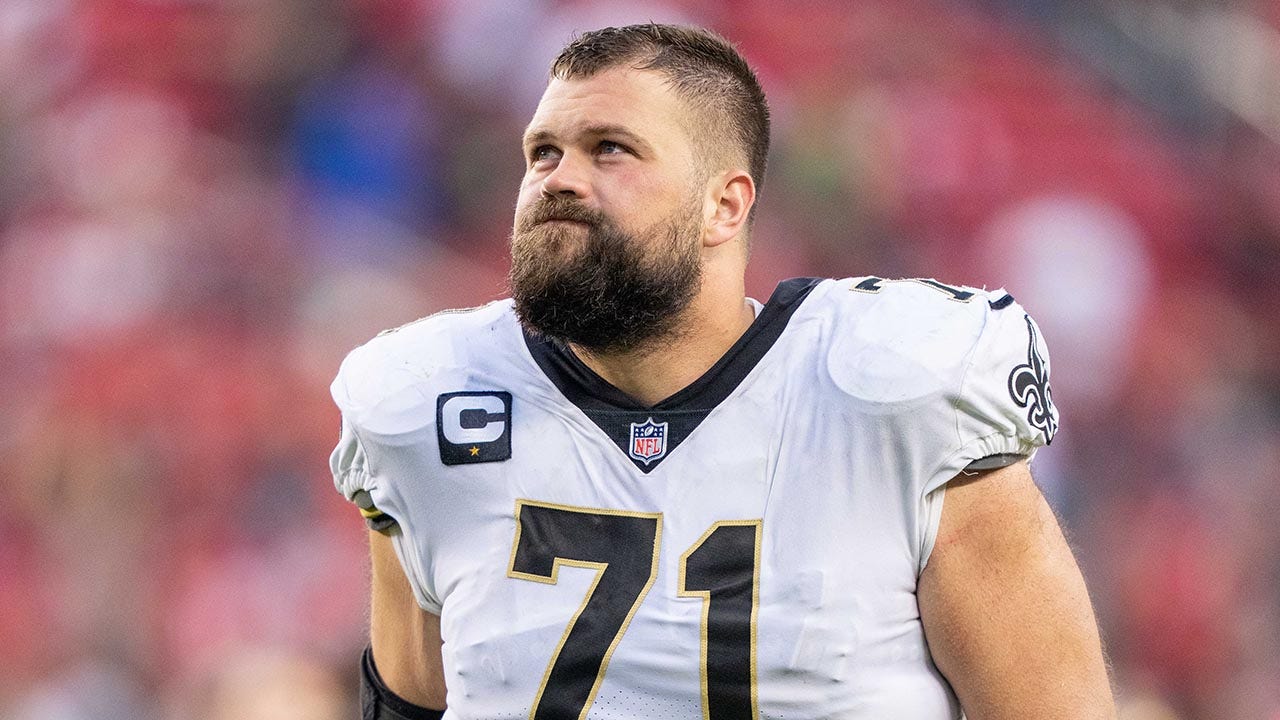

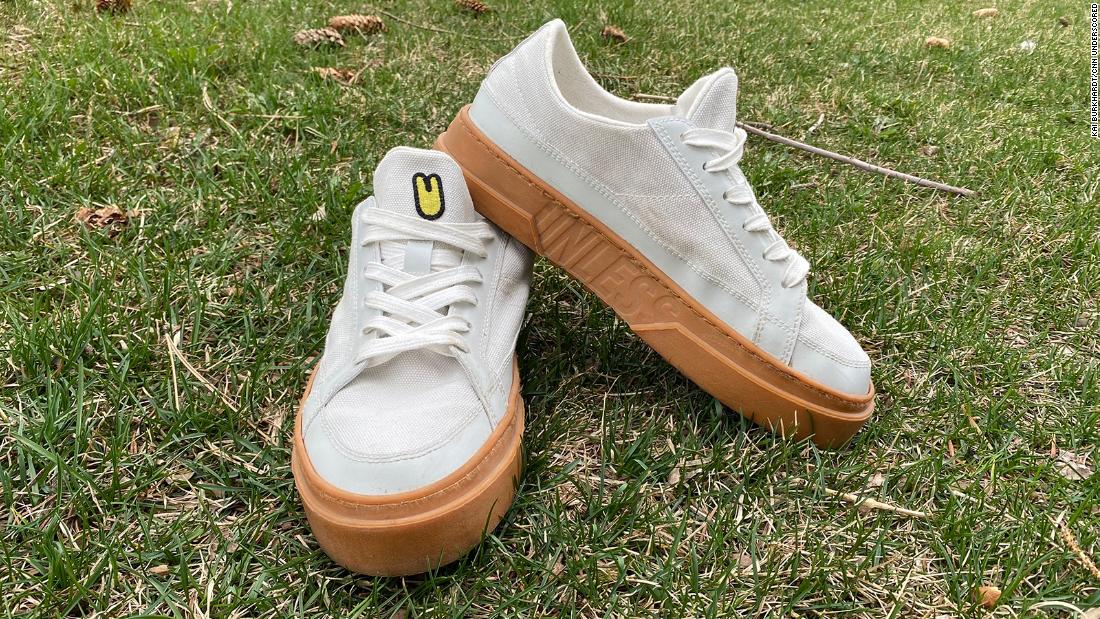
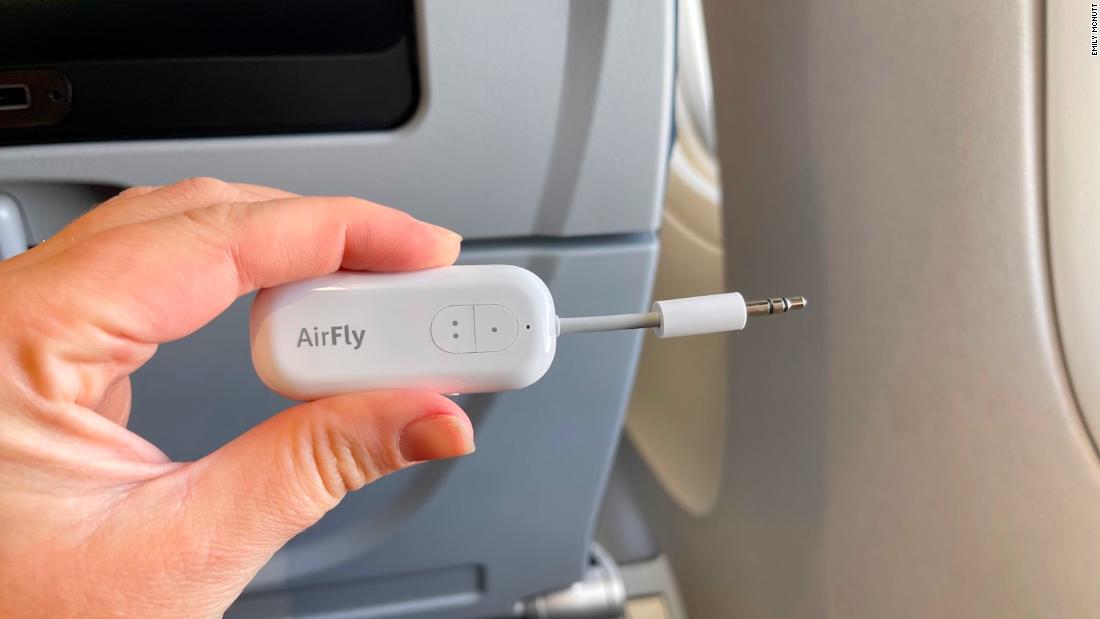
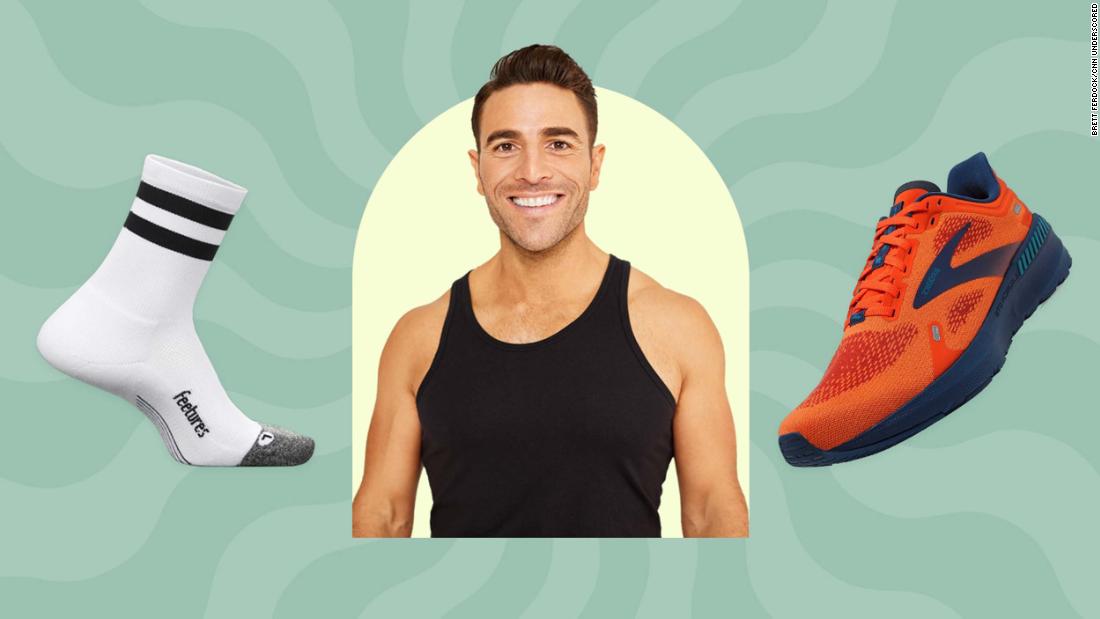
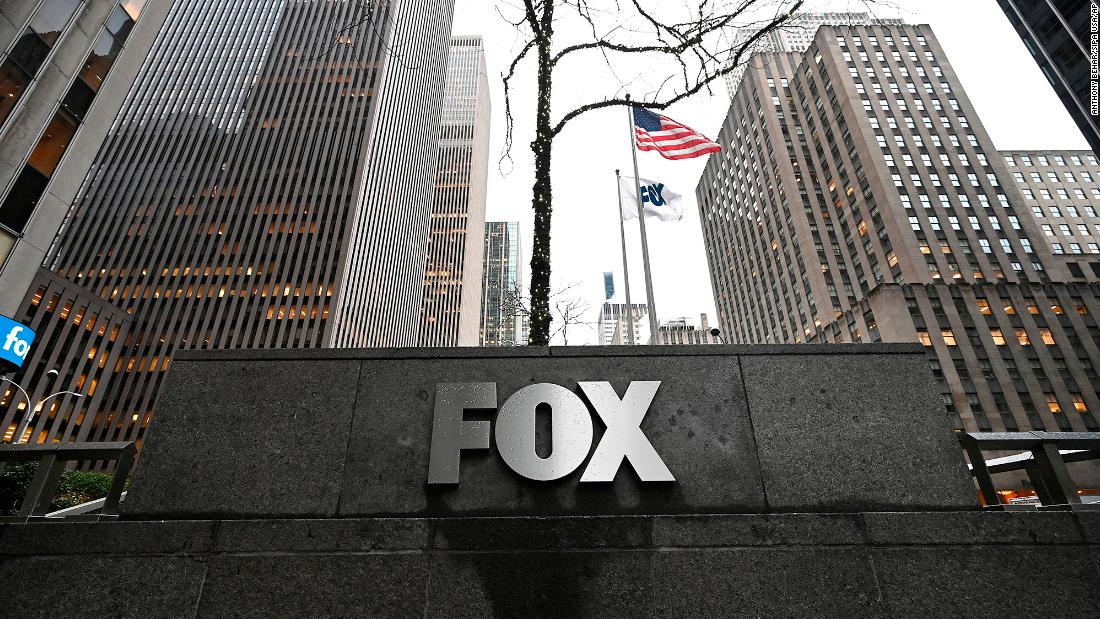
 English (US) ·
English (US) ·